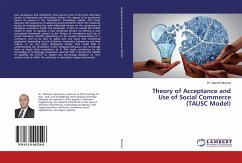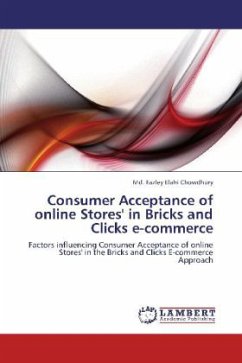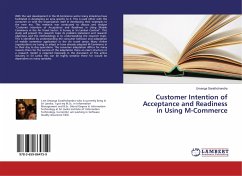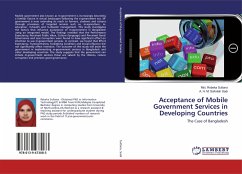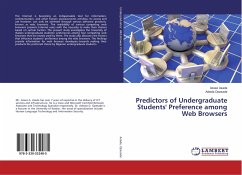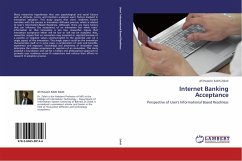User acceptance and satisfaction have become one of the most important factors in evaluating any Information System. The degree of its acceptance means its success in the Information Technology market. This book discusses the acceptance of adopting social commerce within the Jordanian society by investigating the most influential factors on the acceptance of adopting s-commerce within the Jordanians. It aims to extend the UTAUT model in order to develop a new enhanced version by offering a new conceptual framework named as the Theory of Acceptance and Use of Social Commerce (TAUSC) depending on the unique characteristics of s-commerce, and to be able to apply over any social and commercial application depending on the Jordanian consumers' behaviours and their culture, or on any other developing society. That could help in understanding the Jordanians' online shopping behaviour and encourage them to boost their acceptance to it. This study contributes to the knowledge of technology acceptance research field. It proves the viability of applying the UTAUT to explain any technology adoption on non-western culture within the voluntary or mandatory usage environment.
Bitte wählen Sie Ihr Anliegen aus.
Rechnungen
Retourenschein anfordern
Bestellstatus
Storno

